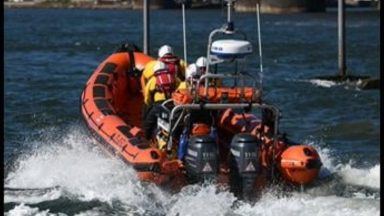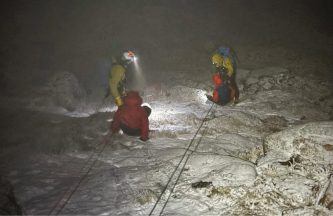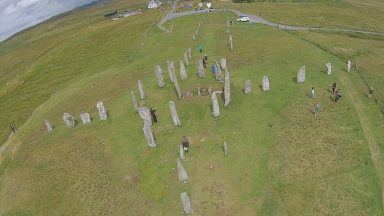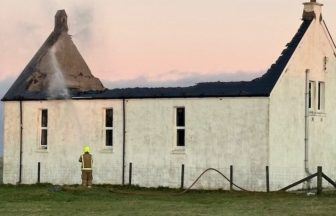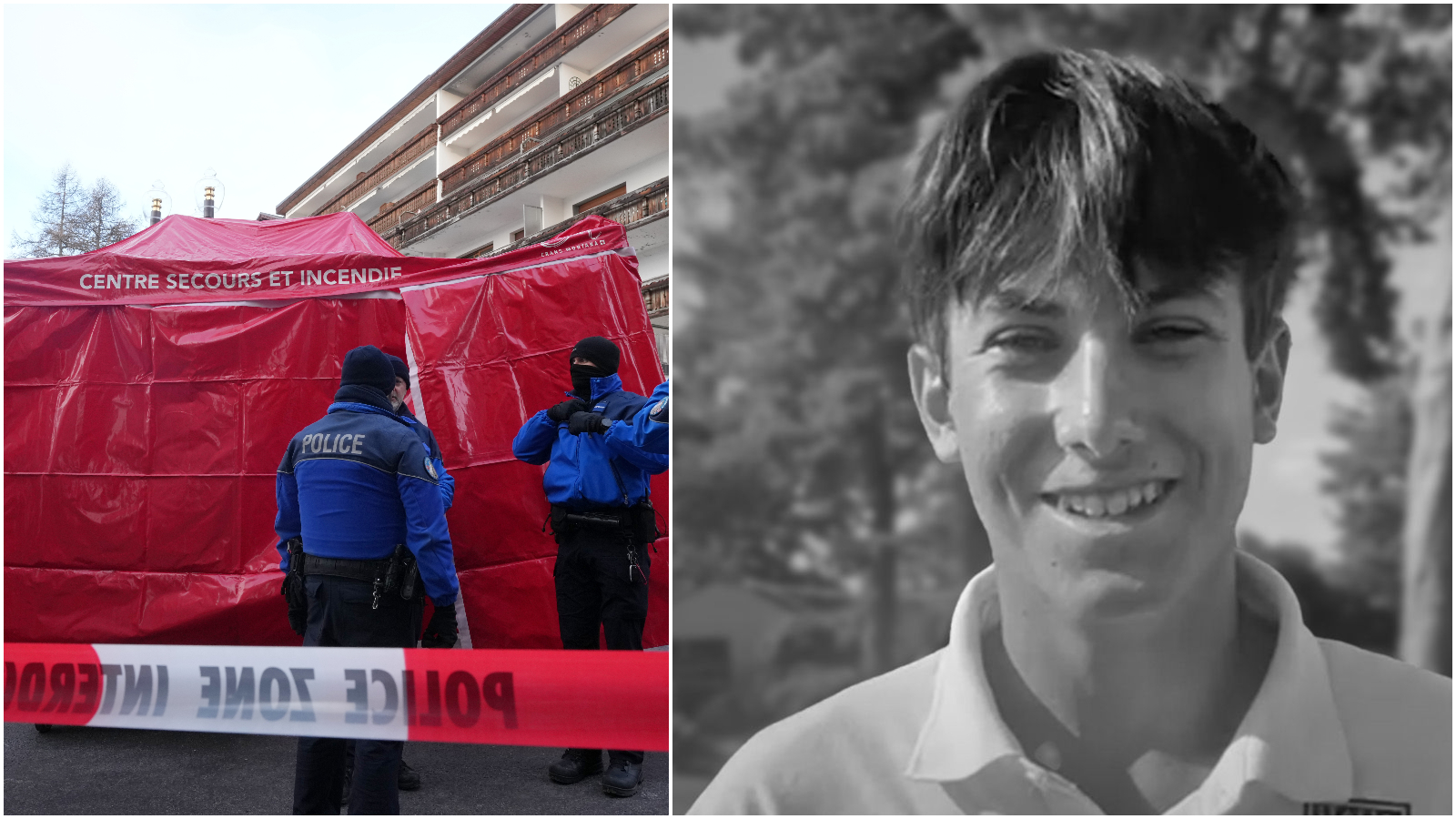The “compassion and understanding” of Loganair has been praised by councillors for an arrangement to allow children seeking asylum to fly to the Western Isles.
The airline has been highlighted by Comhairle nan Eilean Siar as it confirmed that an arrangement has been put in place to enable ‘Unaccompanied Asylum-seeking Children’ (UASC) to use its flights to take up foster care placements.
Local authorities have a legal duty to participate in a nationwide scheme, known as the National Transfer Scheme (NTS), which ensures they receive a fair quota of children arriving in the UK into their care.
The confirmation of the new arrangement with Loganair comes after it emerged that three UASC were forced to travel to their foster placements on the Isle of Lewis by taxi from Kent, and onward by ferry from Ullapool.
The “arduous” journey undertaken by the children was confirmed in a report due to go before the authority’s Social Work and Social Care Board next week.
It states that the journey was necessary due to the time it takes for the Home Office to issue UASC with the travel authorisation documents allowing them to fly.
The report states that the three children had travelled from Kent to the Isle of Lewis via Inverness, where they were met by a member of the Comhairle’s Children’s Services staff, before travelling on to Ullapool for the ferry to Stornoway.
The journey took nearly 20 hours to complete, the report confirmed, and the feedback from staff was that the final leg of the journey was ‘upsetting’ for the children concerned.
The Comhairle’s spokesperson added that any UASC would be accompanied on flights by a council employ empowered to look after them during the child’s journey.
The Comhairle’s spokesperson said: “Cabin crew cannot be legally responsible for the care and well-being of the UASC during the flight. The council employee travelling with the child will be carrying a letter from the Chief Social Work Officer to confirm their credentials and therefore ensure that any questions around child safeguarding and trafficking can be addressed should these arise during the journey.”
The report due to go before next week’s committee meeting, states that the Comhairle is currently supporting 5 UASC, and that money received from the UK Government “is sufficient to both cover the care costs and to employ a full-time Resettlement Officer”.
The report adds: “…this is a new area of work for [Comhairle] Children’s Services staff, but by working in partnership with our Education and Health colleagues, we have thus far managed to rise to the challenge and provide secure, nurturing, attaining, achieving and reparative experiences for the UASC.
“…Children’s Services have accepted their responsibilities under the National Transfer Scheme (NTS) and have actually exceeded their mandated quota of UASC. This is a significantly important development for Children’s Services, who [accept] not just their legal responsibilities to participate in the NTS, but also accept there is a moral responsibility to do so.
“The Comhairle, and partner agencies, have a corporate parenting responsibility towards UASC, and it will only be through good partnership working that we achieve positive outcomes for UASC.”
At the time of writing the report, the Comhairle’s Chief Social Work officer had also raised the issue of the travel required for UASC to locations such as the Western Isles with Social Work Scotland (SWS), the ‘leadership’ body of social work in Scotland, requesting that SWS “escalate” those concerns with the Home Office, and said that it was hoped that for UASC travelling to any of the 3 island authorities, “a solution will be found where UASC can take a more direct route to any of the three island authorities.”
In a statement a spokesperson for SWS said that while an application can be to made to the Home Office by an asylum seeker or their dependants for an Application Registration Card to show that they are an asylum claimant, this takes “several weeks”.
As a result, SWS confirmed, the child concerned would “remain in a hotel in Kent” while the documentation was obtained, adding, that this was something “which is both not in their interests and which also has repercussions for the receiving authority’s ability to meet the requirements of the Home Office Scheme.”
SWS’s spokesperson said: “Having a child-centred response to unaccompanied asylum seeking children coming to live in Scotland is critical, and we continue to work closely with COSLA and Scottish Government to enable as good practice as is possible, within the parameters of the UK legislation.”
The spokesperson continued: “Along with COSLA and Scottish Government, Social Work Scotland have developed Scottish guidance and supports to local authorities, and we are proud of the efforts made across the country to provide comfort and security to our unaccompanied children which will enable a level of recovery, despite the many challenges.
“The distance children must travel to reach Scotland means a long journey, and from place of arrival to rural and island areas pose particular challenges. This is further complicated by the fact that children cannot normally travel by air due to requirements by airlines that travellers hold photographic ID, something which few if any unaccompanied children possess.”
A Home Office spokesperson said: “The safeguarding and welfare of unaccompanied asylum seeking children is our utmost priority and we will always ensure their immediate needs are met.
“We are working around the clock with local authorities to seek placements for unaccompanied asylum-seeking children across the UK.”
The statement from the Home Office confirmed that on average, unaccompanied children seeking asylum are moved to care within 15 days of arriving in a hotel, and adds – “but we know more needs to be done. That is why we are working closely with local authorities to increase the number of placements available and offer councils £6,000 for every child they can provide accommodation for within five days.”
The NTS has seen 3,148 children transferred to local authorities with children’s services between 1 July 2021 and 30 September, the Home Office has confirmed.
Follow STV News on WhatsApp
Scan the QR code on your mobile device for all the latest news from around the country


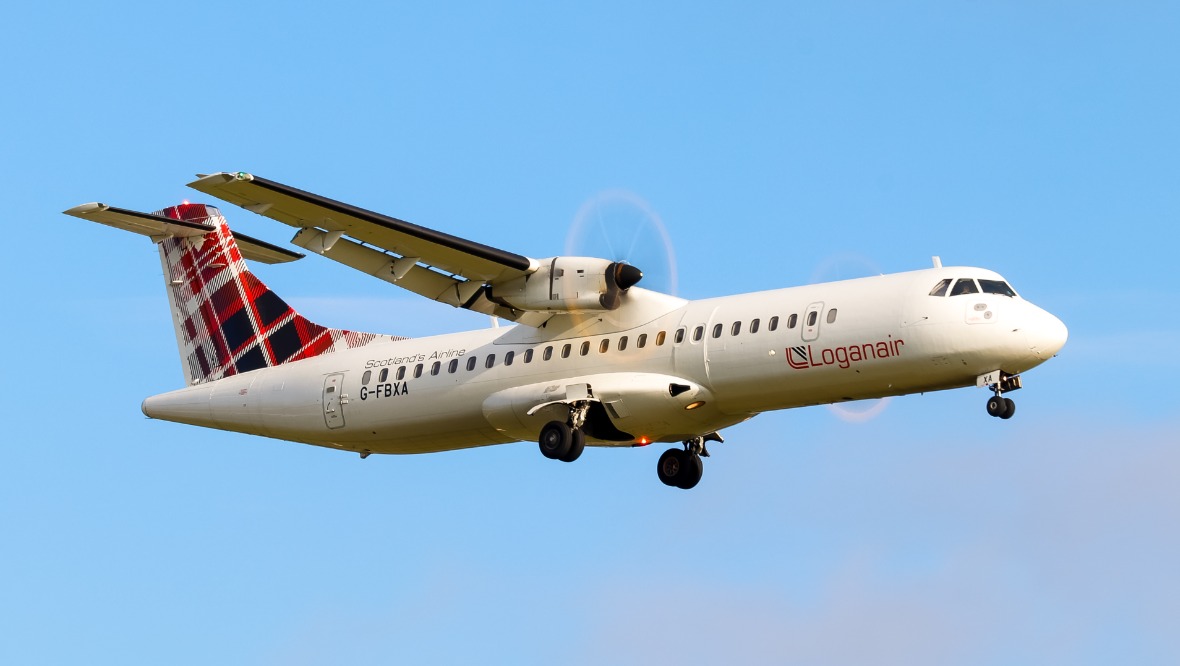 iStock
iStock







